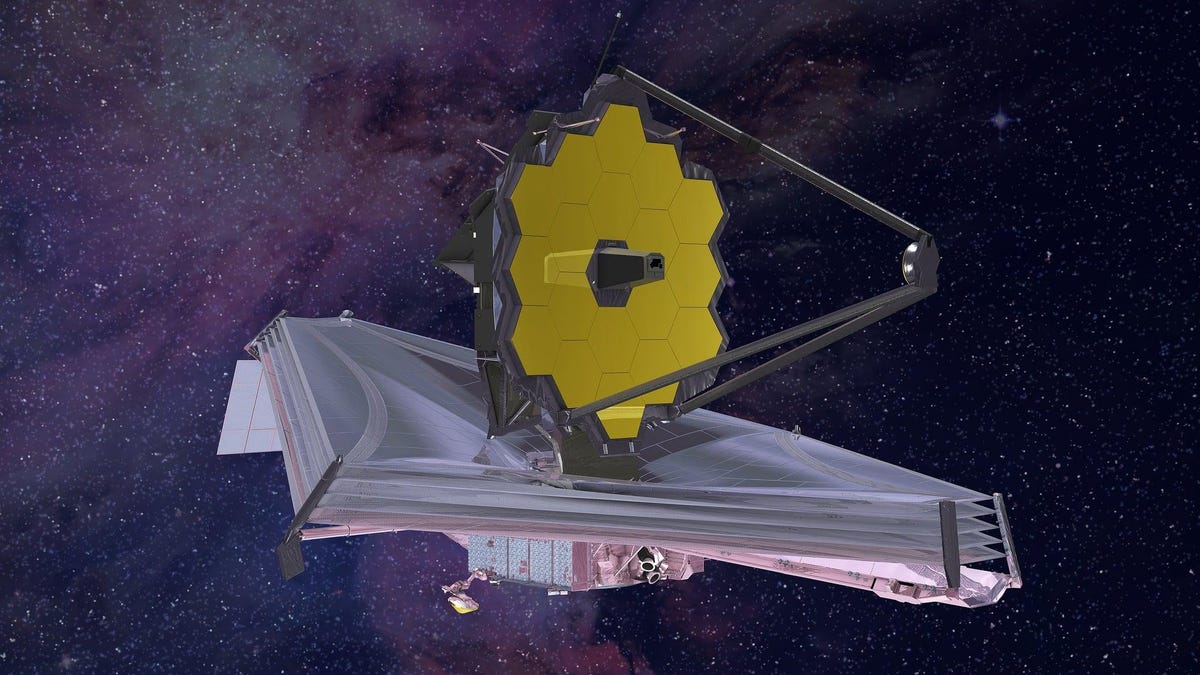- Joined
- Apr 3, 2019
- Messages
- 22,341
- Reaction score
- 9,893
- Location
- Alaska (61.5°N, -149°W)
- Gender
- Male
- Political Leaning
- Conservative
It is not my opinion, but that of the Supreme Court. As I already posted in post #56, the Supreme Court held that there is no such thing as a "General Welfare" power. Which is what Congress used to authorize the National Aeronautics and Space Act of 1958.That is your opinion.
Care to share a link to anything legal that backs that up? I provided the legislation that created NASA.
I suspect you will not be able to find anything.
Congress has the constitutional authority to levy taxes under Article I, Section 8, Clause 1 of the US Constitution. They were never given unlimited power to do whatever they pleased for the "General Welfare," but only to tax for that purpose.


